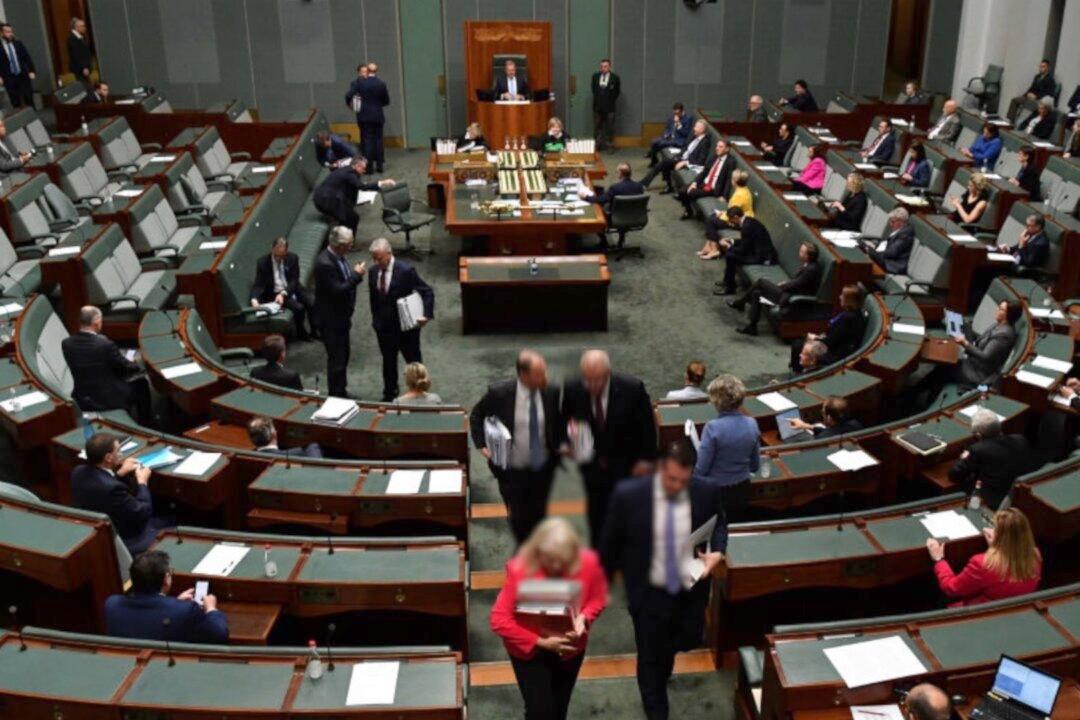Minor parties are upset over proposed electoral changes that could restrict the involvement of small or fringe political parties in upcoming federal elections.
Last week, Ben Morton, the assistant minister for electoral matters, introduced four Bills to Parliament aimed at reforming the electoral process.





